Archived Blogs
|
What would it take to make you really happy? ...Are you sure? Wait a minute….Before we get too far, perhaps we should define happiness. That’s not as easy as it sounds. When you look it up in a dictionary, you can see the following definitions: “the state of being happy (that’s not too helpful), good fortune, pleasure, contentment, joy". The descriptions seem vague but I did find one that I favored: “Happiness results from the possession or attainment of what one considers good.” Okay, I’ll go with that. As an aside, the definition of happiness is one of the top edited articles in Wikipedia with nearly 6,000 edits by over 3,000 users. Yup, it’s confusing and lots of people have their own ideas about happiness. One definition included an example: "she struggled to find happiness in her life”. It must have triggered a memory for me because then I started reading about the United States Declaration of Independence. You know…the phrase--“Life, Liberty and the pursuit of Happiness.” Those 3 things were listed as rights given by our Creator and protected by our government. So our forefathers were talking about happiness too. But according to Wikipedia, there is some debate on what they meant by happiness in 1776. Some experts believe that happiness referred not to a positive, pleasant emotion but focused more on prosperity, and well-being. Ah, money. A lot of people assume that when they’ve attained a certain amount of money, they'll be happy. And they’re right…but only to a certain point. Once you’ve made enough money to pay the bills... all the necessary expenses like mortgages, health insurance and food, it doesn’t take too much beyond that to maximize your happiness. Having more and more money after that point does not necessarily make you any happier. Unless, you are deriving happiness from the labor involved to achieve more wealth. Franklin D. Roosevelt said, “Happiness lies not in the mere possession of money; it lies in the joy of achievement, in the thrill of creative effort.” Eleanor Roosevelt (Franklin Roosevelt’s wife for those that get their Roosevelt’s confused) had something to say about the matter too. She believed there was three requirements for happiness: "A feeling that you have been honest with yourself and those around you; a feeling that you have done the best you could both in your personal life and in your work; and the ability to love others.”
The Roosevelt’s quotes came from the early 1900’s--what have we learned about happiness since that time is pretty surprising. There’s actually courses on the topic. You can read about one of them here. Basically, research has shown that happiness is 50% dependent on our genes (depression, for instance, can run in families), 40% is based on our actions and attitude and only 10% is based on our circumstances. So, no matter how dire your problems…job loss, illnesses, death of a loved one…it only has an effect of 10%. Now, if you have a family tendency (50%) toward depression and you don’t take actions to recover (40%)…that 10% just shot up to 100%! I know that you’re already doing the math... If you have a familial tendency toward depression and something bad happens…you’re already at a tipping point of 60%. But that good or bad experience that moved your happiness up or down (10%) is not permanent, you tend to return to your baseline after months or years depending on the event. So a huge part of your happiness is under your own control. Happiness is an inside job. Don’t assign anyone else that much power over your life. Mandy Hale. Need specifics? Sorry... I can’t predict exactly what will make you happy but I can give you a clue. Instead of looking forward to what you hope to achieve…look backward. Take an inventory of your life and look at what has made you happy for many years (or even decades). It’s probably not in the same categories as what you are aspiring to. And then you have to ask yourself some serious questions. If the first car/house/jewelry/amazing designer item I bought didn’t provide me with years (or decades) of happiness, why do I think buying more of it will? What can you do as you’re taking inventory? When I was reading about happiness, I discovered a list (Wayne Fields in What the River Knows ) titled the Six Best Physicians: 1. Sunlight- more research is coming out talking about the positive effects of simply being outdoors. 2. Friends/Family- this makes every single list. BELIEVE IT. 3. Rest- our society praises work but we function better when we rest (and sleep) well. 4. Exercise- you know it’s true. Endorphins. 5. Diet- If you make a home cooked meal with your friends/ family you can check off two boxes! Think slow food instead of fast. 6. Self-confidence- believe in yourself. This is not a hard list. You can do it!
1 Comment
When I was in residency, I worked in the pediatric intensive care unit taking care of a young boy whose heart was failing. He was on the transplant list... waiting….and waiting. I guess I should say his parents were waiting because he was just a toddler. A very tired, sickly little boy. I watched him worsen each day and there was not a thing I could do. We would tinker with his IV medications but ultimately it felt like we were just going through the motions since no medicine was strong enough to fix his little broken heart. Just when I was sure that he wouldn’t make it another day, the family received news that he’d gotten his new heart. He was whisked off to the operating room and hours later he returned to me a much different kiddo. His cheeks were no longer deathly pale and within a day, he was sitting up and chatting to anyone who walked into his room. I felt like I witnessed a miracle. I don’t know what it would feel like to live through this experience…but I’ve met someone that has. Julie has agreed to answer some of my questions... Can you tell me what led to you needing a heart transplant? Heart problems run in my family on my Father’s side. On July 11, 2012 I was having back pain between my shoulders and I got sick and decided to drive myself to my family doctor. While I was driving it felt like someone was pulling on my arms. I thought I had food poisoning. My doctor sent me to the Emergency room and they ran some tests. I was having a heart attack that they call the widow maker. Then had a stint put in. A widowmaker is a term for a particularly lethal heart attack. It involves 100% blockage of a critical artery call the left anterior descending artery. Blocking flow to this artery means the heart muscle itself is not getting oxygen. A woman may not have the same heart attack symptoms as a man. They are more likely to have fatigue, sweating or nausea- symptoms that they may overlook. Can you explain how it felt while you were waiting? At first I thought I was going to be ok. Then after 6 months, my health went downhill quickly. Then I was so sick- I felt like I was going to die. I realized then that someone had to die for me to get a heart. My skin was gray and I had lost a lot of weight. It was the least amount that I've ever weighed. The blood flow to my heart was really bad and I was told my heart was only working about 10 %. The lower part of my heart was already dead. I was really scared. How long did you have to wait for a new heart? I did okay for a little over 2 years. I was sent to Medical City of Dallas in August of 2015 for further testing. They had to put a pic line in for medication 24/7 to keep me alive. And then, when I was still not getting any better, they started thinking about a Heart or Heart/Lung transplant. Medical City could not do a Heart/Lung transplant at that time. I was to transferred to UT Southwestern Medical Center. They could do both if I needed it. They did more testing and about 6 weeks later I received the call for the New Heart What was your worst day? Being told that my heart was not working. I thought that I would die before I received a new heart. How long was the surgery? We were told that the surgery would take 4 to 6 hours. From the time the heart arrived at the hospital, the Doctors had to make sure that everything match. Then from the start of the surgery, it took 1 hour and 45 minutes before they notified my husband that they were closing. Do you know anything about the donor? Between the Hospital donor center and a letter from her Mother, I learned some details. What I know is that she was from Corpus Christi and was in her 20’s. They called her Teeny. She helped with homeless people, was in sports, going to college, engaged, and had 2 dogs. Two weeks before she died she told her Mother that if she died, she wanted to donate everything she could because she would not need it. She helped eight people live through donating. I still am waiting to meet her Mother but I am waiting on her to be ready to meet me. I think if I went through this experience, I would be paranoid. Do you worry about your heart a lot? Do you check your pulse all the time? I do not feel paranoid. I am just thankful to be alive. I don’t worry about my heart because I feel I got the perfect one for me. I worry more about my medication, is it working correctly? I need to make sure that I order it in time so I don’t miss any dosages. Tell me about the medication you take to avoid having your body reject your new heart. I take about 45 pills a day. Two different Anti-rejection (cyclosporine and Mycophenolate sodium), Prednisone, Sildenafil, which I will take the rest of my life. Bactrim, Torsemide, AmLODlpine, Aspirin 81 mg, Atorvastatin, ezetimibe, Protonix, gabapentin, Several different Vitamins, Some of the medications are more than once a day. What is something you can do now that you could not before? Before transplant I could not walk a block without stopping several times- so I spent most of my time at home doing nothing. I had to stay away from people due to not getting an infection. I had to wear a mask when I went outside. After the transplant I wanted to climb a mountain. Since the transplant I went to Broken Bow, Oklahoma and climbed a small mountain! I've gone horseback riding and zip lining. I went to San Antonio to visit family, a waterfall tour in Oklahoma. I-Fly in Frisco. Mostly I enjoy spending time with my family and living life. When I think about someone with a transplant a lot of things go through my mind. Mostly I think- what an amazing second chance. What do you want people to know about your experience? Sometimes it does not seem real, but I know it is because I have the scars to show. It is a Miracle to still be here. I am glad I received a second chance. I have a great family and with God I know he has a plan for me. It would be better not to have to have this experience but If you are forced into it like I was- you have to be willing to fight the fight. Eat healthier, exercise, and take every day as a blessing. What do you look forward to in life? Making a difference in someone’s life. Taking it one step at a time. Eating healthier, being more active. The most important part of my life is to live it to the fullest with my family and friends. Just a short note about the pictures from Julie.
The picture by the fence was my normal self. The one on the bench is shortly before transplant. The one with the waterfall is now. 80 lbs over weight. The side effects of Julie's medications are fluid retention, increased appetite and weight gain. So if you assumed that her weight caused the heart attack, that is not true. She gained the weight after her transplant. And as you can tell by the interview, she's still fighting that battle...but what's really remarkable is how this experience has really emphasized what is important to her. Family. Friends. Taking each Day as the Blessing it is. I've always thought that cemeteries hold hundreds of stories. Here's one of them. Pierre was brought to the United States as a slave in 1787. He trained and worked as a hair stylist for wealthy women. Hair stylists in the 1700's had a different task than today. They had to work with hair that was stacked up high, curled, woven with ribbons and flowers. It took a lot of skill, time and it cost a lot of money. Women might spend $1,000 per year on their hair. That doesn't sound unreasonable unless you remember it was the late 1700's and it was actually a huge amount of cash. Apparently, Pierre was quite good at his craft and he served the most elite of New York City. His owner allowed him to keep a percent of his income and he was able to purchase freedom for both his wife and sister before he achieved his own independence at age 45. It was then that he took the last name Toussaint. Toussaint Louverture was best known as the leader of the Haitian Revolution, a slave revolt that lead to the elimination of slavery in the Republic of Haiti. Pierre's selection of that last name not likely a coincidence... Pierre and his wife opened their home to orphans and were benefactors for NYC Catholic school for Black Children at St. Vincent De Paul. They nursed the ill during an outbreak of yellow fever and brought baked goods to children suffering from hunger. Charity was a very, very important part of Pierre's existence. At a certain point, Pierre no longer needed to work but he said, "I have enough for myself but if I stop working, I have not enough for others." So he kept working. Pierre, a former slave, was one of the main contributors toward this... That's a picture of old St. Patricks Cathedral and it is absolutely stunning. There's a story that says that when it first opened, Pierre was turned away from entering (due to his race) by an usher that didn't recognize who he was. Fortunately, another man saw him and escorted him inside. Pierre Toussaint was declared Venerable in 1996. What does that mean? In the Catholic church, there is a pathway to becoming a saint. When a person dies, a Bishop can initiate an investigation looking for special favors or miracles. The candidate's life is examined closely for evidence of their faith. And then even more research takes place. Were they martyred? Motivated by charity toward their neighbors? A devil's advocate is assigned to look for reasons to deny the candidate. His job is to find flaws, to look for holes in the evidence presented. He will argue against the sainthood of an individual. On the other hand, if a candidate is found to be virtuous, he is then declared Venerable. (that's Pierre's title now) Beautification is the next step. Two verified miracles are needed in order to be declared a saint. It could still happen... Special thanks to the Catacombs by Candlelight Tour in NYC for this and many other fascinating stories...
Isn't it interesting to hear what someone from another culture thinks of the United States? Admittedly, sometimes it's not flattering. But this one time, my whole understanding about the U.S. was re-shaped.
Sunil is a wise man. Smart too. He reads and stays up to date on numerous topics--that's what makes him smart. But he's wise because he ponders and contemplates issues and situations. Every single time I have a conversation with him, I come out of the discussion feeling like I've been given a gift. Once, he leaned back on the sofa in my living room and proclaimed that the United States was an extraordinary place. Sunil is a world traveler. He's seen a lot and I couldn't fathom why he thought the US deserved such a flattering accolade. "From the beginning, Susan, this country was inhabited by the bravest, the most daring of men." His voice is deep and melodic and it's easy to get drawn into his explanations. So much so that the world around you disappears and all you can hear is his voice. My mind sorted through images of Columbus, recalled stories of Jamestown and Plymouth--and the first settlers in the New World. Basically, his words drew to mind the pages of my junior-high history book. "Do you understand? Those first colonists believed in a dream. They left their families, their jobs...their security and they climbed aboard ships and sailed around the world. The first settlers were among the most intelligent, strongest, iron-willed inhabitants of the entire world." I let the words sink in. I'd read similar words in the text book but now they had a different meaning. Years ago, a friend came to me and told me that she was looking for a new job. She'd seen certain signs that made her worried that her company was not going to make it. She was right. Sadly, other employees saw these same signs but the idea of finding a new job was so daunting that they clung on till the bitter end and then they struggled to find a new employment. That was just a job... These early Colonist left everything behind. They came to the New World with practically nothing... including no certainty of survival. "Your gene pool here is saturated with people that take risks, are high achievers...believe that they can do anything they set their mind on. It's extraordinary if you think about it." I have been thinking about it. My husband says that we've won the 'womb lottery'...we were lucky enough to be born in the United States. We don't have to make the hard decision whether to pick up and go across the globe for a chance at a better life. We've been blessed with good genes. We have the capacity to dream bigger, work harder and reach further. Shouldn't it be our duty to help the tired, the poor...the huddled masses? Have a happy July 4th! |
Archives
October 2020
Categories |
COPYRIGHT 2017 SUSAN BADARACCO | Site Credits


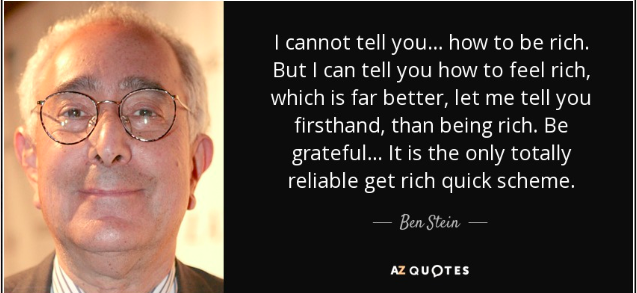

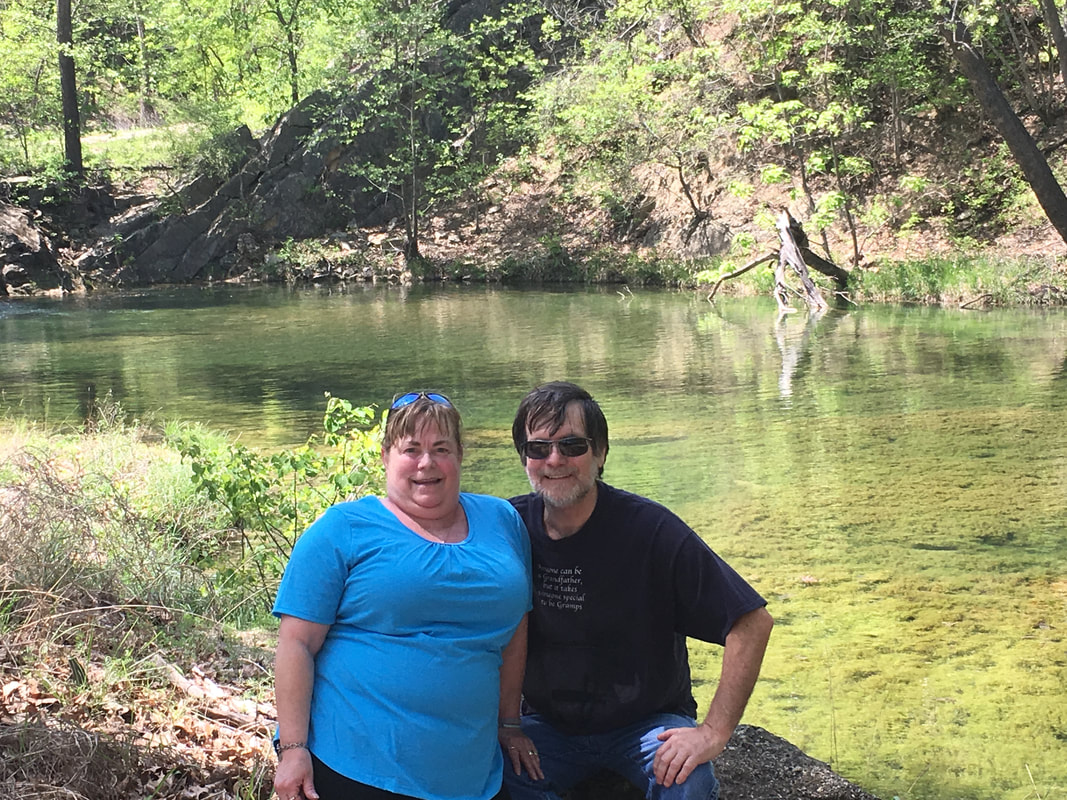
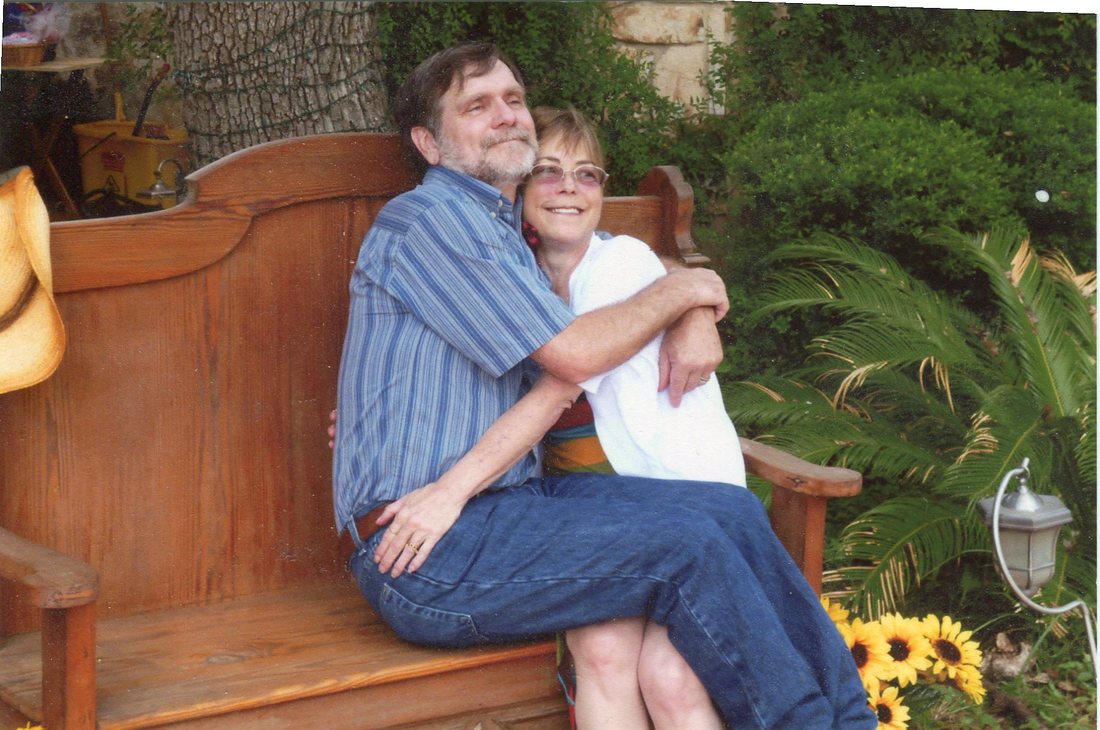
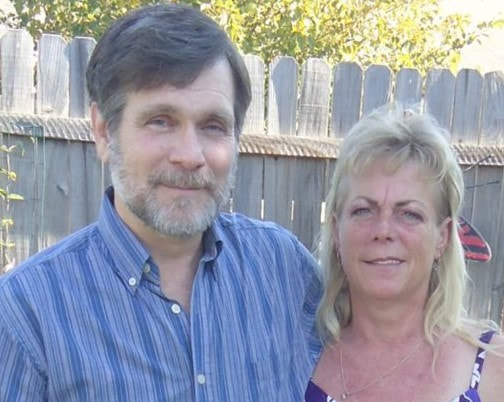
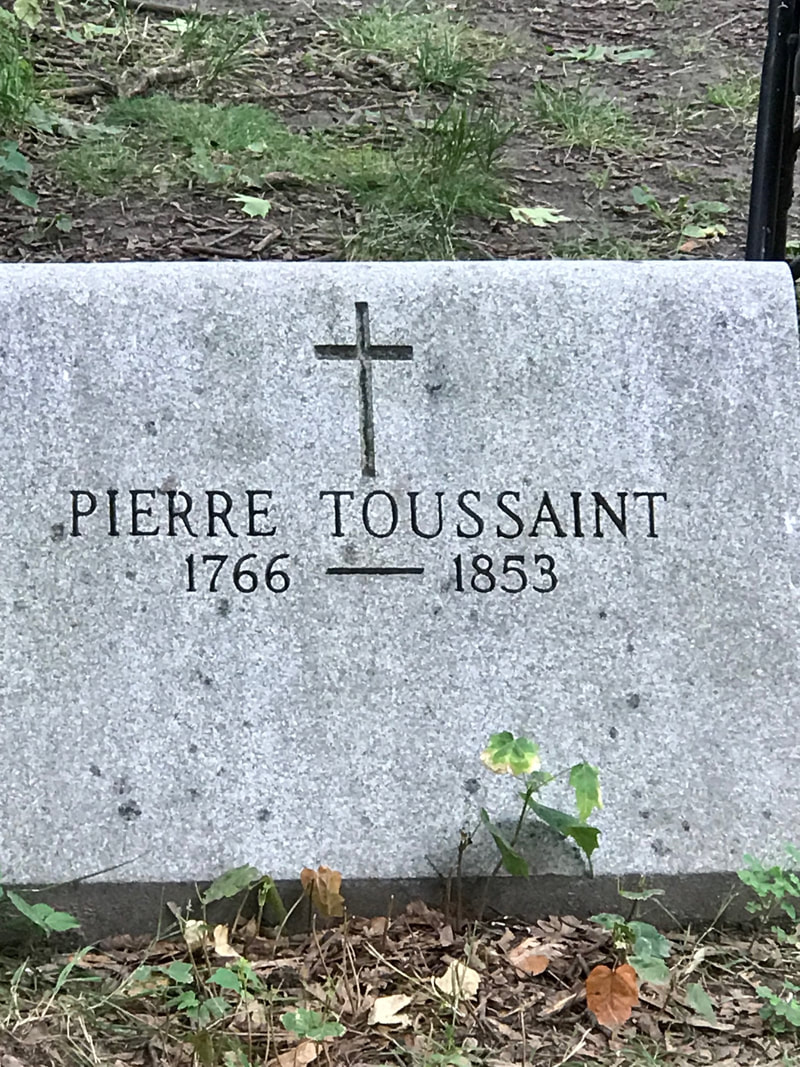
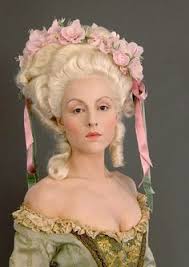
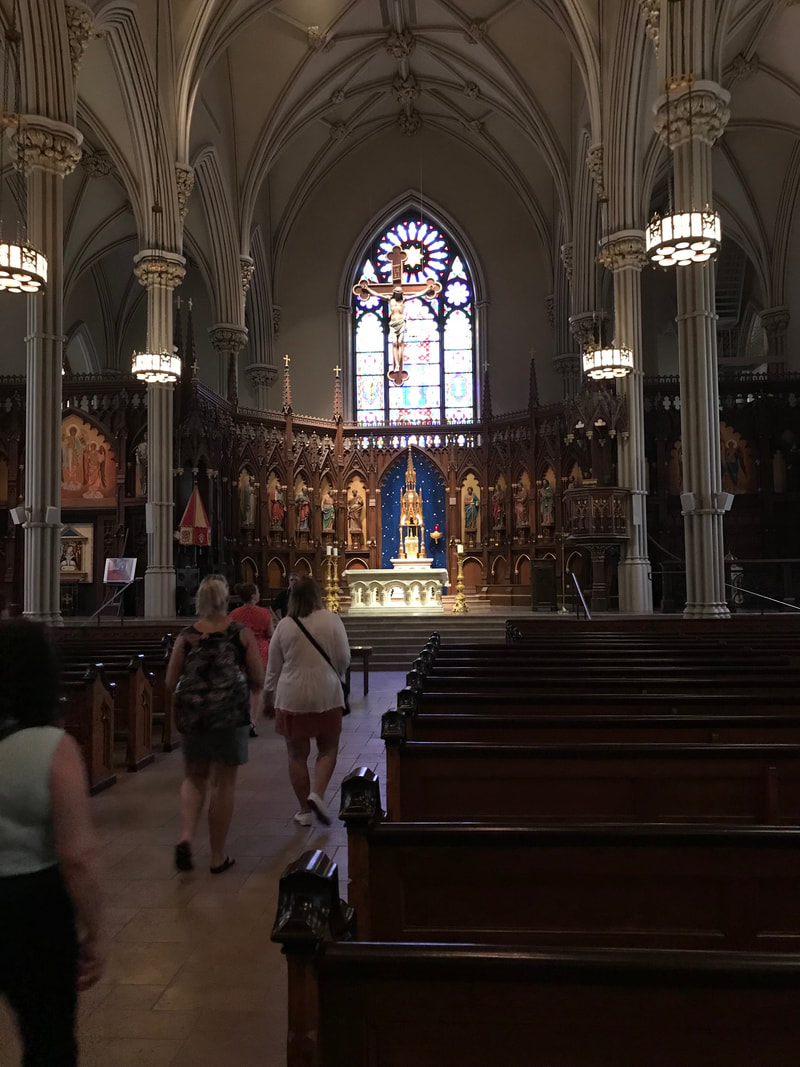
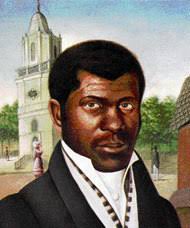
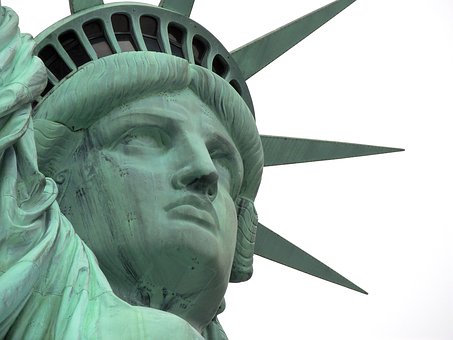
 RSS Feed
RSS Feed